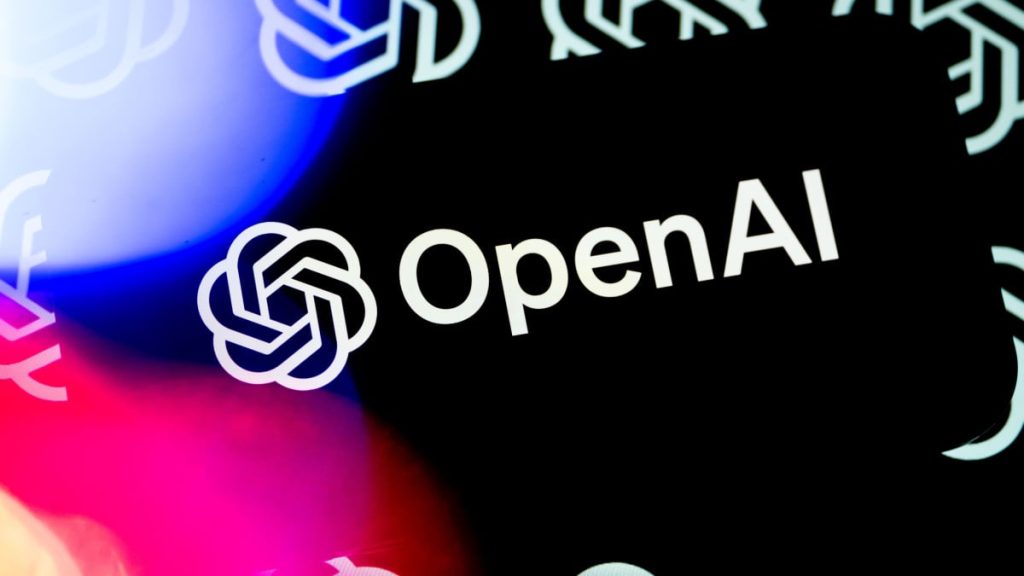Users of ChatGPT have found that the well-known AI chatbot can function as a reverse-location search tool, meaning it can usually determine the location of a photo just by analyzing it. This phenomenon has been influenced by the online game Geoguessr, where players guess a location using a simple web image.
To investigate this newfound trend, Mashable’s tech reporters put ChatGPT through its paces by playing a geo-guessing game with a batch of photos. Even when ChatGPT made errors in identifying a location, it often came quite close, such as mistaking a rooftop hotel in Buffalo for one in Rochester, and in other instances, it provided specific addresses.
ChatGPT’s Evolving Reasoning Models
This week, OpenAI unveiled its latest reasoning models for ChatGPT, known as o3 and o4-mini, which boast enhanced visual reasoning capabilities. OpenAI has also made its image generator accessible to free users, leading to various viral trends. For example, people have utilized it to depict their pets as humans and portray themselves as action figures. However, the reverse location trend raises more complex issues, particularly concerning privacy.
This trend originated when internet users noticed ChatGPT’s improved ability to identify locations by analyzing photographs. Ethan Mollick, an AI researcher, shared on X an example where ChatGPT accurately pinpointed his driving location, even after he removed the image’s location metadata.
Examining ChatGPT’s Visual Reasoning
Mashable tested ChatGPT’s advanced features with a recent photo of a flower shop in Brooklyn. While the model correctly determined the photo was from Brooklyn, it wrongly identified a specific flower shop seven miles away. However, when given a picture taken during a trip to Japan, ChatGPT’s o3 model accurately identified the exact location, stating, “Final answer:📍 Arashiyama, Kyoto, Japan.”
Using an earlier version of the reasoning model yielded much vaguer responses, suggesting only that the image could be “like Japan” without specific details. Moreover, when screenshots from the profile of an Instagram influencer were uploaded, ChatGPT pinpointed the general area and even suggested specific high-rise apartments and a home address, which raised significant privacy concerns.
While OpenAI acknowledges the importance of privacy, it also recognizes the potential benefits of ChatGPT’s reverse location capabilities. An OpenAI representative mentioned that the new models could enhance areas such as accessibility, research, and emergency response. They emphasized that efforts have been made to prevent the model from revealing private or sensitive information and to monitor the abuse of privacy-related usage policies.



